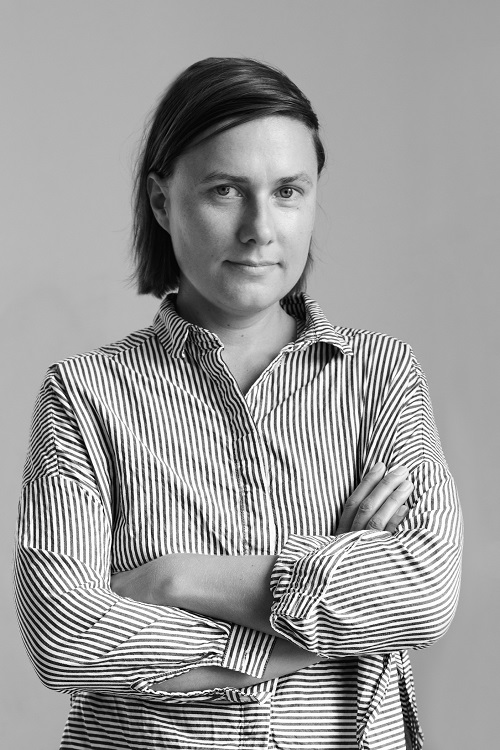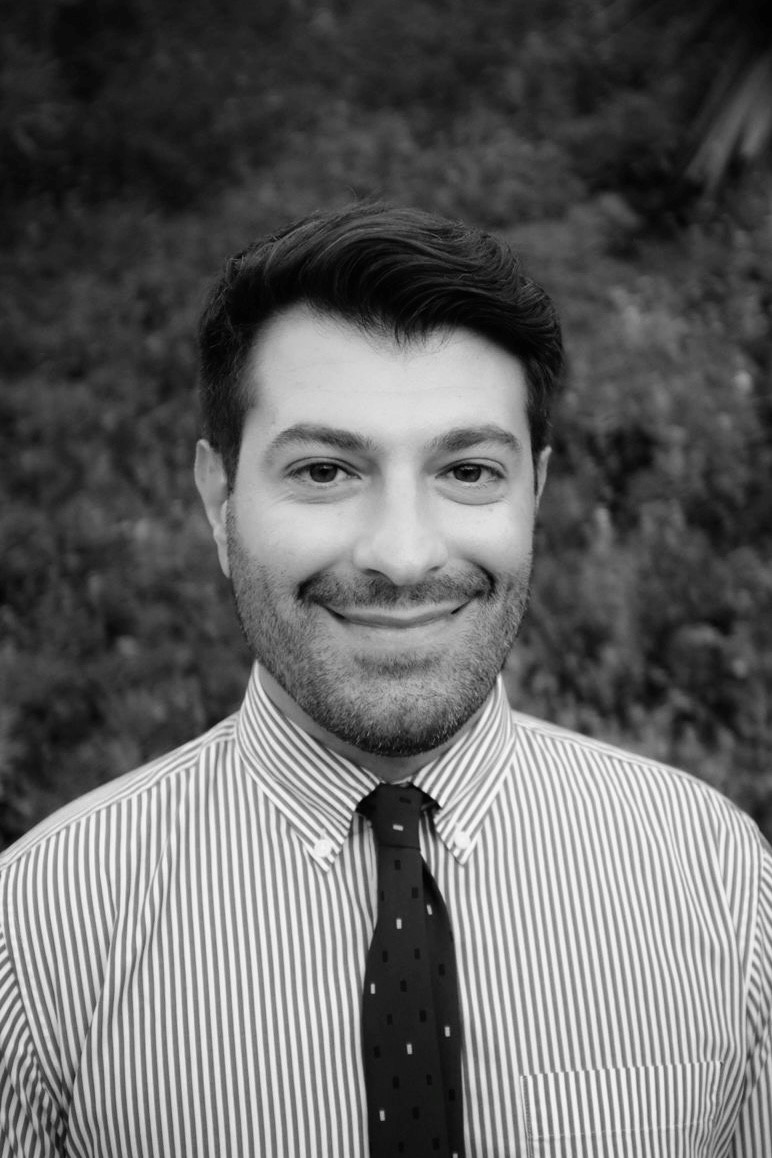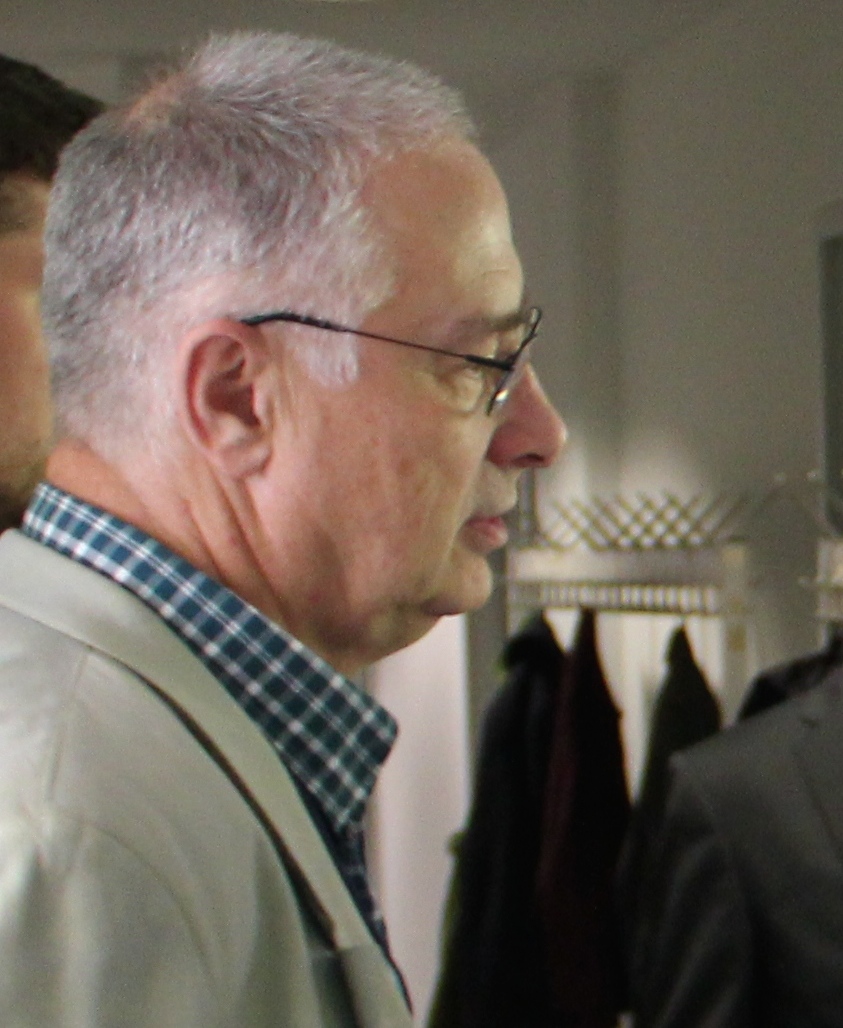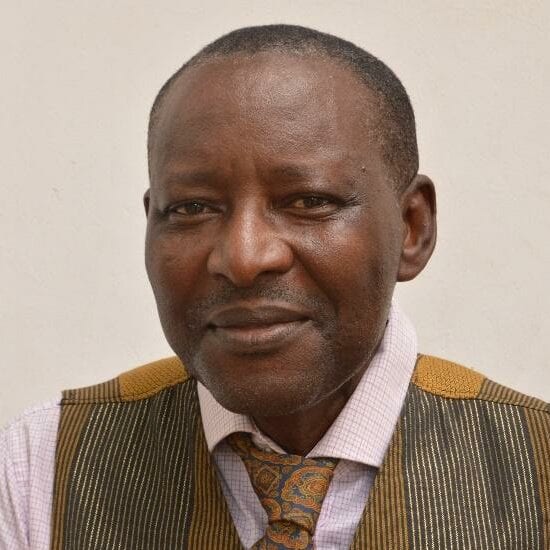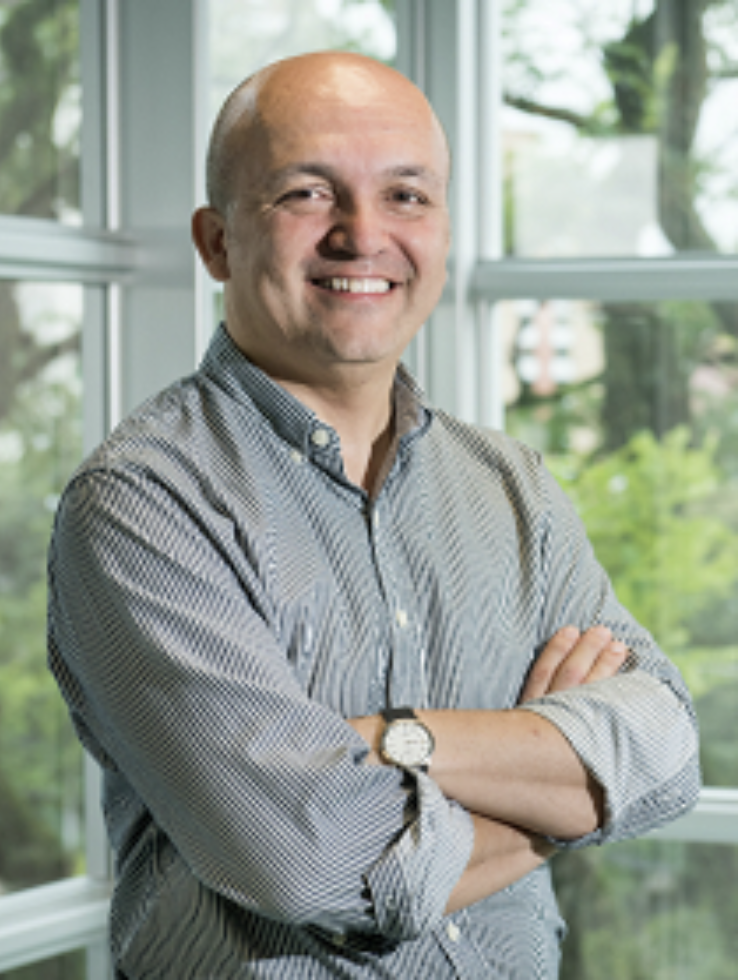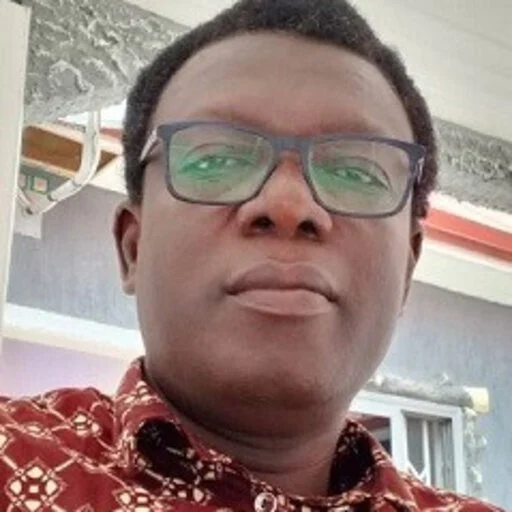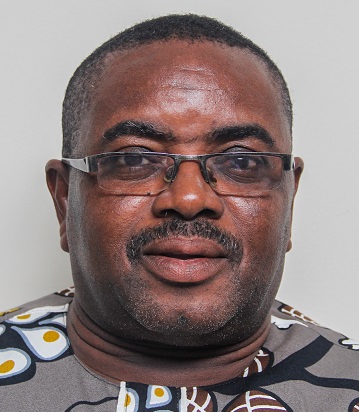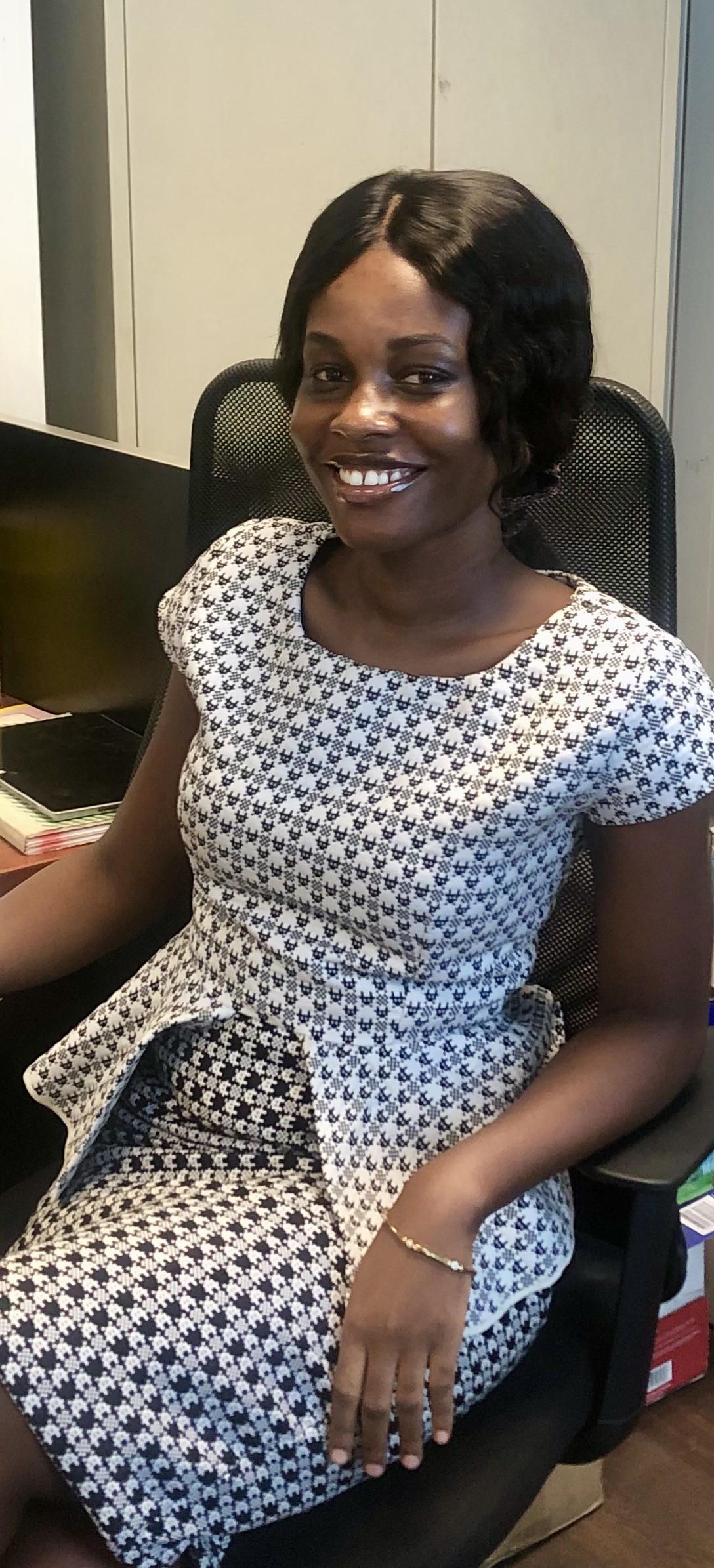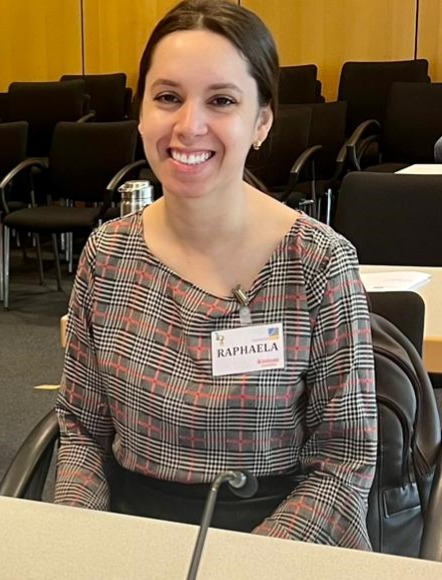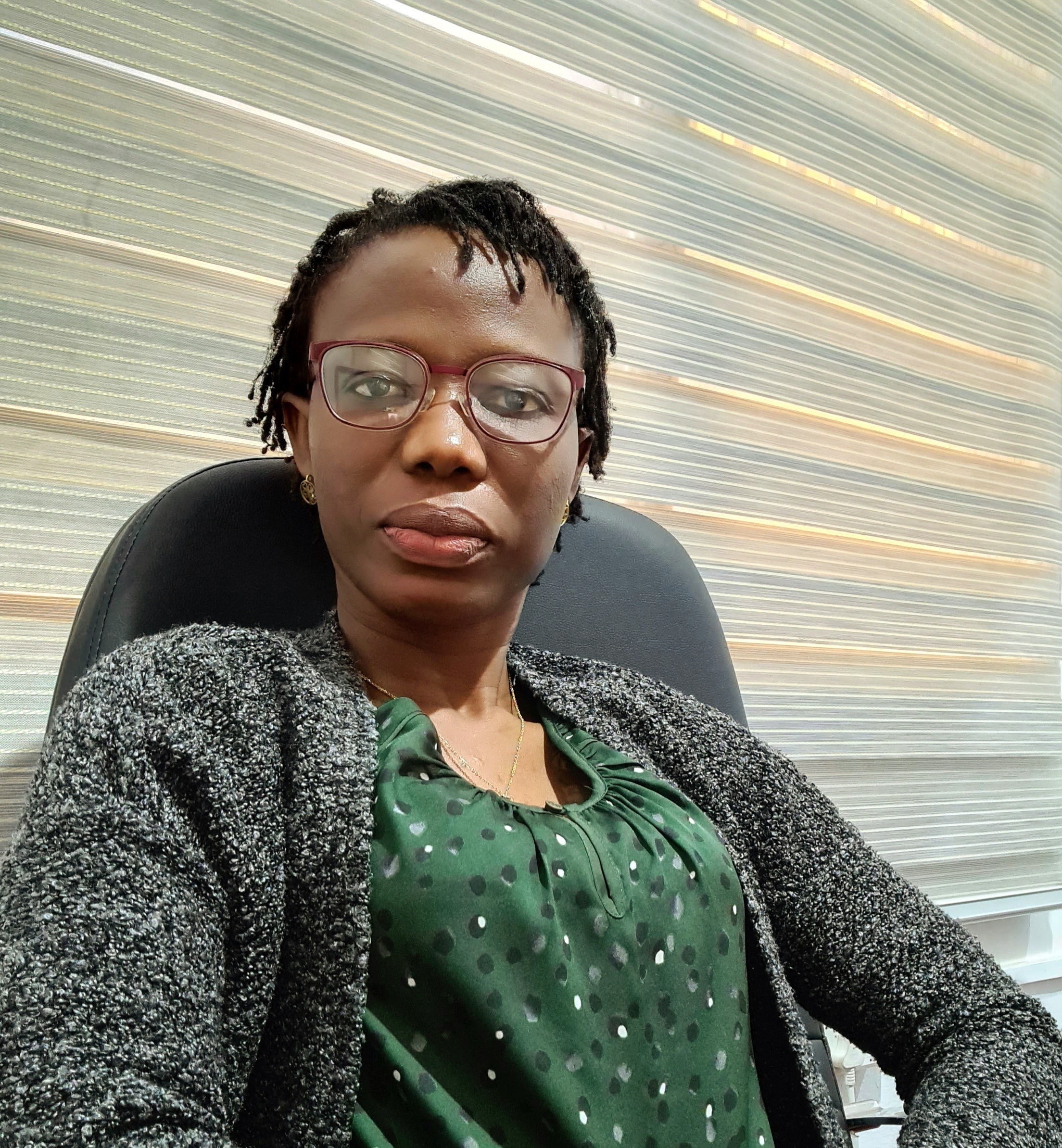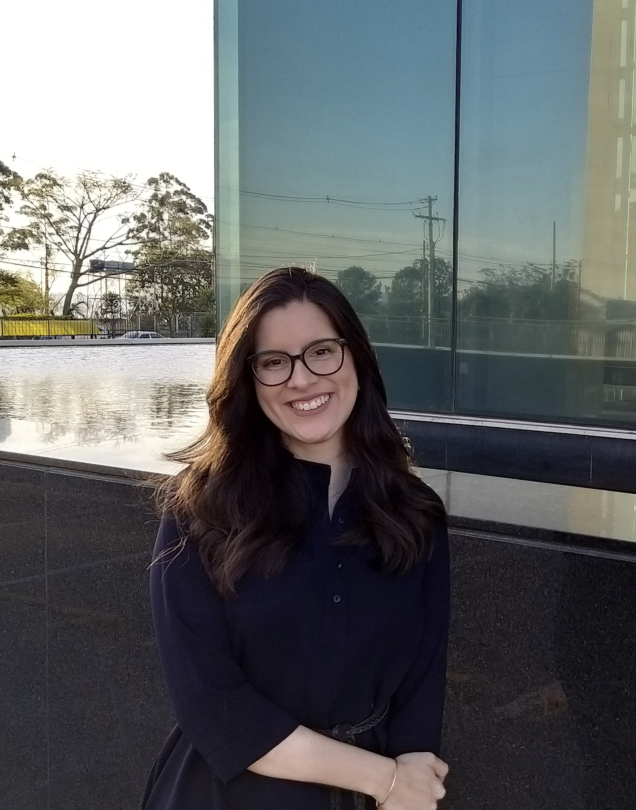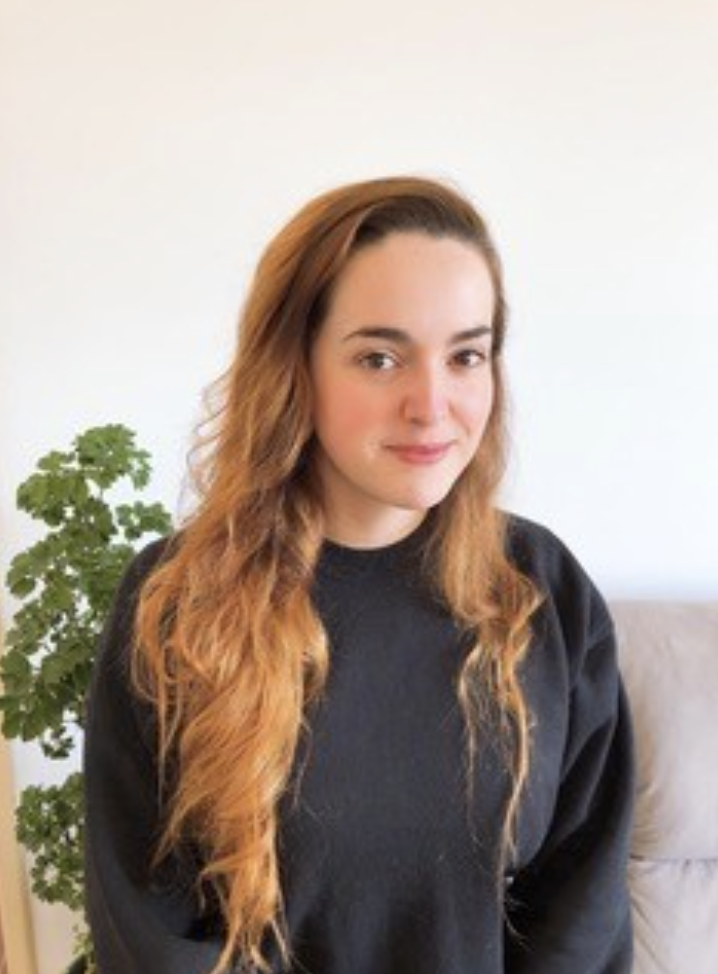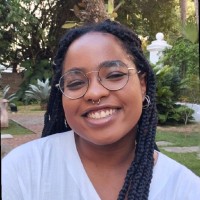Individual and collective memories of slavery and the slave trade: A contrastive comparison of different communities, generations and groupings in Ghana and Brazil
Project
The empirical interpretative study focuses on a contrastive comparison of collective and individual memories of slavery in different regions, generations and groupings in Ghana and Brazil. We will use an approach that combines methods from the sociology of knowledge and figurational sociology to reconstruct the interrelationships between different memory practices.
While for white Europeans the age of the transcontinental slave trade is so remote that they do not connect it with their own family history, this cannot be said of people in Brazil and in Ghana. Here, in both public and family memories and commemoration practices, this past, with all its many facets, is less remote, and there are many people who know that their ancestors were enslaved, or that they enslaved others. However, within each country, attitudes to the history of the slave trade and slavery in general are very different, and sometimes controversial, as seen in public discourses or places of remembrance, in family dialogues, among members of different groupings, and in different parts of the country.
In carrying out a contrastive comparison of selected regions in Ghana and in Brazil, we will look closely at these differences, and show how they are due to very different historical trajectories and changing social figurations. In Ghana, we will focus on Elmina und Cape Coast, from where the slave ships departed, and on two regions in the north of the country where people were captured and sold in slave markets. In Brazil, we will work in the coastal region of Salvador de Bahia, where most of the present-day inhabitants are descendants of former slaves, and in the region around Pelotas in Rio Grande do Sul, where most people are of European descent.
We will seek to answer the following questions: What knowledge of the past has been handed down in the communities and families? What kinds of slavery and slave trade (transatlantic, trans-Saharan, intra-African, intra-Brazilian) are thematized by whom, how and in what contexts? We will also pay attention to what is said and what is not said at places of remembrance and commemorative events in these regions, and which people are brought together at such places or events. We intend to conduct family interviews (if possible with several generations of the same family), group discussions, and thematically focused or ethnographic interviews with visitors and guides at places of remembrance.
Project-related publications
-
Two project volumes are planned: Volume I (2026) and Volume II (2027) in the Göttingen University Press in "Göttingen Series in Sociological Biographical Research"
-
Bahl, Eva / Pohn-Lauggas, Maria (2025): Intersektionale Figurationen in der soziologischen Gedächtnisforschung. Reflexionen aus postkolonialen Forschungskontexten. In: Sozialer Sinn 26 (1). 53-74. Read here.
Principal investigators
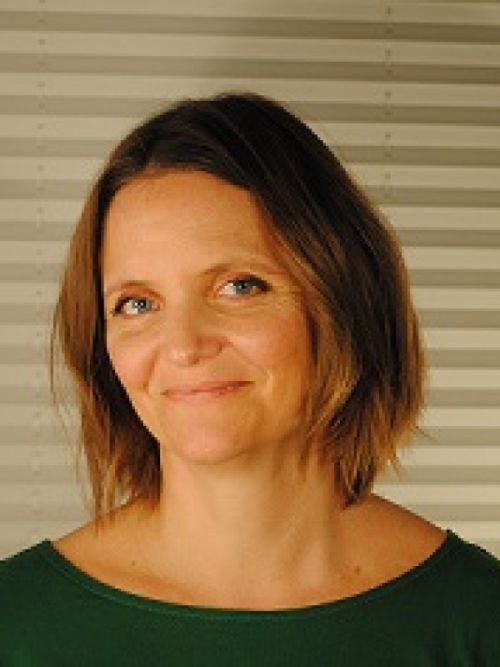
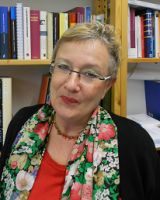
Team in Germany
